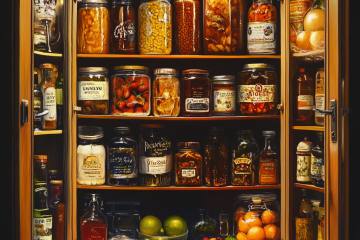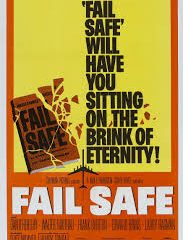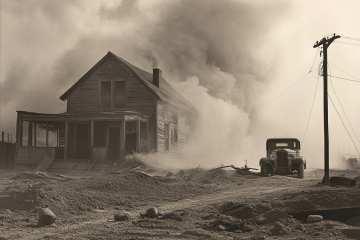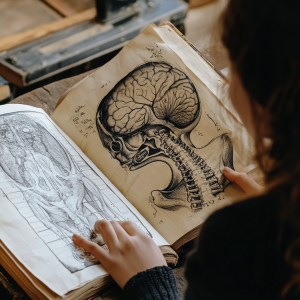
Make studying non-fiction books part of your preparedness habits
Why a Physical Library of Survival Knowledge Is Your Best Backup Plan
In our digital age, we often take instant access to information for granted. With a few keystrokes, we can learn about virtually anything – from how to start a fire without matches to complex medical procedures. But what happens when the power goes out, or internet access becomes unreliable? This is where the wisdom of maintaining a physical library of survival and preparedness information proves invaluable.
Today, I want to share an exceptional resource collection compiled by Sean Gold, better known as True Prepper. As a former military servicemember, Sean has dedicated himself to helping others prepare for realistic threats to our society and way of life. His carefully curated library of survival information represents years of experience and research.
Why Hard Copies Matter
Before diving into the resource list, let’s consider why physical books and documents are so crucial:
1. They don’t require electricity or internet access
2. They can’t be corrupted by computer viruses or hardware failures
3. They’re easily portable and can be accessed anywhere
4. They last for decades when properly stored
5. They can be shared with family members or community during emergencies
The True Prepper Library Collection
Sean’s comprehensive collection covers essential survival and preparedness topics:
Basic Survival Skills
– Military survival manuals
– Wilderness first aid guides
– Fire starting and shelter building techniques
– Water collection and purification methods
– Basic navigation and orienteering
Medical Knowledge
– Emergency medical response procedures
– Herbal medicine guides
– Basic surgical techniques
– Disease prevention and control
– Mental health during crisis situations
Technical Skills
– Basic engineering principles
– Alternative energy systems
– Communication methods
– Vehicle maintenance and repair
– Tool making and maintenance
Security and Defense
– Basic tactical considerations
– Communication security
Building Your Own Library
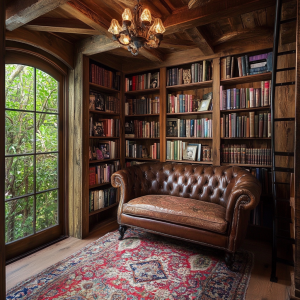
Have a personal preparedness library
When assembling your survival library, consider these tips:
1. Start with the basics that match your immediate needs and environment
2. Focus on quality over quantity – well-researched, comprehensive guides are worth the investment
3. Include both technical manuals and practical how-to guides
4. Store your library in a cool, dry place to prevent damage
5. Create a simple catalog system so you can quickly find information when needed
6. Consider having multiple copies of essential guides for backup or sharing
Beyond Books
While building your physical library, consider including:
– Printed maps of your local area
– Hard copies of important documents that are waterproofed
– Written records of your own experiences and lessons learned
– Family recipes and traditional knowledge
– Community resource directories
Maintaining Your Knowledge
Having information available is only the first step. To make the most of your library:
– Regularly review and familiarize yourself with the content
– Practice the skills described in your manuals
– Update your collection as new information becomes available
– Share knowledge with family members and trusted community members
– Create your own notes and annotations based on practical experience
Remember, a library is only as valuable as your ability to use the information it contains. Regular study and practice turn written knowledge into practical skills.
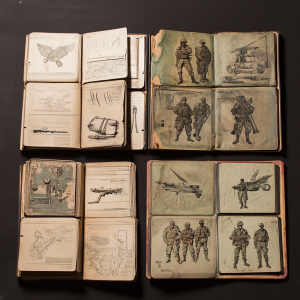
In an uncertain world, having reliable access to survival and preparedness information can make the difference between thriving and merely surviving during challenging times. Thanks to dedicated experts like Sean Gold, we have access to carefully curated resources that can help us build our own knowledge banks.
Consider your physical library of survival information as an investment in your family’s security and well-being. Like any good insurance policy, you hope you’ll never need it – but you’ll be grateful to have it if you do.
Start building your collection today, and remember: knowledge, properly preserved and readily accessible, remains one of our most valuable survival tools.
